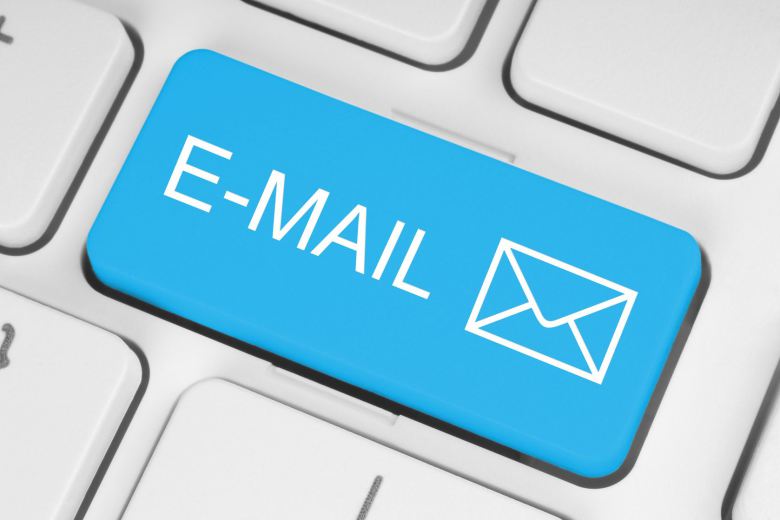Email is forever; three tips for your safety
eMails last forever. Just because you press delete, clear your sent message or empty your trash bin on your computer, does not mean that your email is gone. Most companies, certainly every large firm, saves emails for years – depending on their document retention policies.
5 year old email: nothing like seeing a 5 year old deleted email, blown up to 5 feet tall by 10 feet wide, to remind me of this. Our company had a large loss from a manufacturing plant explosion, and I was being deposed as party of a $60 million settlement, as the finance person who calculated the lost sales impact. During the deposition, the opposing lawyer put an email on the large screen in the room and began to grill me on its content. It was over 5 years old, and while I did not remember it specifically – it had my tone, signature and had come from my email account. Luckily my tone was professional in an internal email to our CEO and CFO, but what if – as I have done on other occasions – I had been snarky, or made degrading comments about the other party. Not only would it have hurt the company’s chances in the financial settlement, but I might have been personally liable, or certainly professionally embarrassed.
Leaving a company: One of the first things employers do when planning an employee’s exit is having a plan for keeping access to company files and emails, and restricting employee access. I personally experienced this when leaving a company, who took away my access to my email address, contact list and files before I knew I was losing access. I had luckily backed up my personal files, and had access to my 2,500 contacts, but make sure you plan ahead. Use an external drive to maintain your personal files, don’t put them on employers shared directory.
Three tips to maintain proper email and file access:
- Keep your work and personal emails separate. While it may seem innocuous and more simple to shop, email your friends or schedule soccer practice using your work email – don’t do it. Your company owns your email address and even individual emails are company property. You should assume that folks in the IT or security group at your company are reviewing them – as it is an industry best practice. Assume that every email you write will some day be displayed on a wall for all to see. Set up a free gmail account, or via your home provider, but don’t rely on work as your personal email provider
- Address emails after you write them: make a habit of writing an email first, and then addressing it. I often start with addressing an email first, and have made the mistake of inadvertently hitting send prematurely. This also allows you to consider your tone and content of your email. I have noticed that people are typically more aggressive in tone via email communication than voice communications, so reflect if you would actually speak the words you have written to someone.
- Use an external drive for your personal files, including backing up your email contacts, calendar file.

